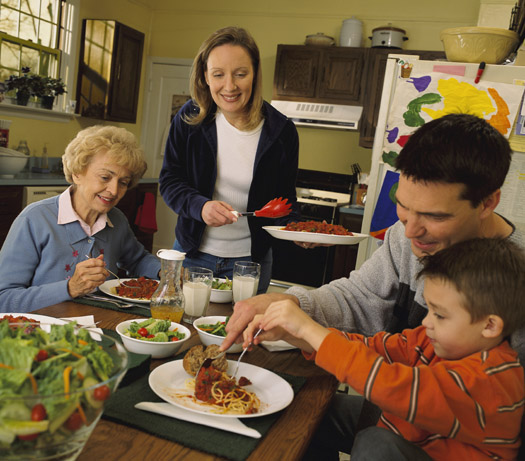Most kids end up growing up in happy, thriving homes with supportive guardians, even if they don’t live in a traditional nuclear family. When children are supported, they feel safe, and even the most difficult events and traumas can be overcome with time. Children trust the adults in their lives, both to protect them, and more importantly, react appropriately when something major goes wrong. Even for those who are actively engaged in online MSW programs, learning how to react to a child in crisis is something that you can never aptly be prepared for. Here are three of the most important steps that you can take to help a child in need feel hopeful about the future again.
1. Promote Trust in Safe Adults
Social workers often see minors put into some pretty awful predicaments. And sometimes, just when you think the problem has been solved, you then find out that it is only the tip of the iceberg. A child can be moved away from an abusive parent, only to face a different type of instability within a group home or foster setting. A child that has been displaced, or has found that all of the adults in his or her life are not safe to confide in, needs to learn how to feel out new situations. When dealing with kids who have gone through home life crises, one of the best things you can do is to help reestablish trust. Let each child know that it is not only safe to confide in you, but that his or her new or improved circumstance is now safe and secure.
2. Help to Establish Normality
In situations where emergency services, family court and child protective services have had to intervene, children can feel like their lives will permanently remain in turmoil. Doing something as simple as sitting down and playing a board game with a child recovering from a traumatic event can feel quite, well, normal. When a child’s life has been upheaved, getting back to normal is vital. You can aid this process by helping children to get back into a regular routine, complete with extracurricular activities and playtime with friends.
3. Treat Kids like Kids
As social workers who have a masters in social work online are mindful of, children are only emotionally capable of handling so much. After trauma, they can completely shut down if they don’t get the continued help and support that they require. More important than intensive therapy is the act of promoting a proper return to childhood. Kids should feel comfortable talking about anything that is bothering them, but after a while, they’re simply going to want to be able to be loved and praised for who they are. Children who are overcoming major life tragedies and traumas don’t fully understand what they have gone through until they get much older. In the meantime, they should absolutely be allowed to just be kids and worry about things like doing their homework and earning an allowance.
It is quite unfortunate any child has to ever suffer, but through the intervention of trained, empathetic, and proactive social workers, a real difference is being made. Since you will be working closely with various types of clients, it is important to know how to deal with each unique situation, especially when kids are involved. You can help children who have been abused and neglected by making sure that they are never forgotten.

